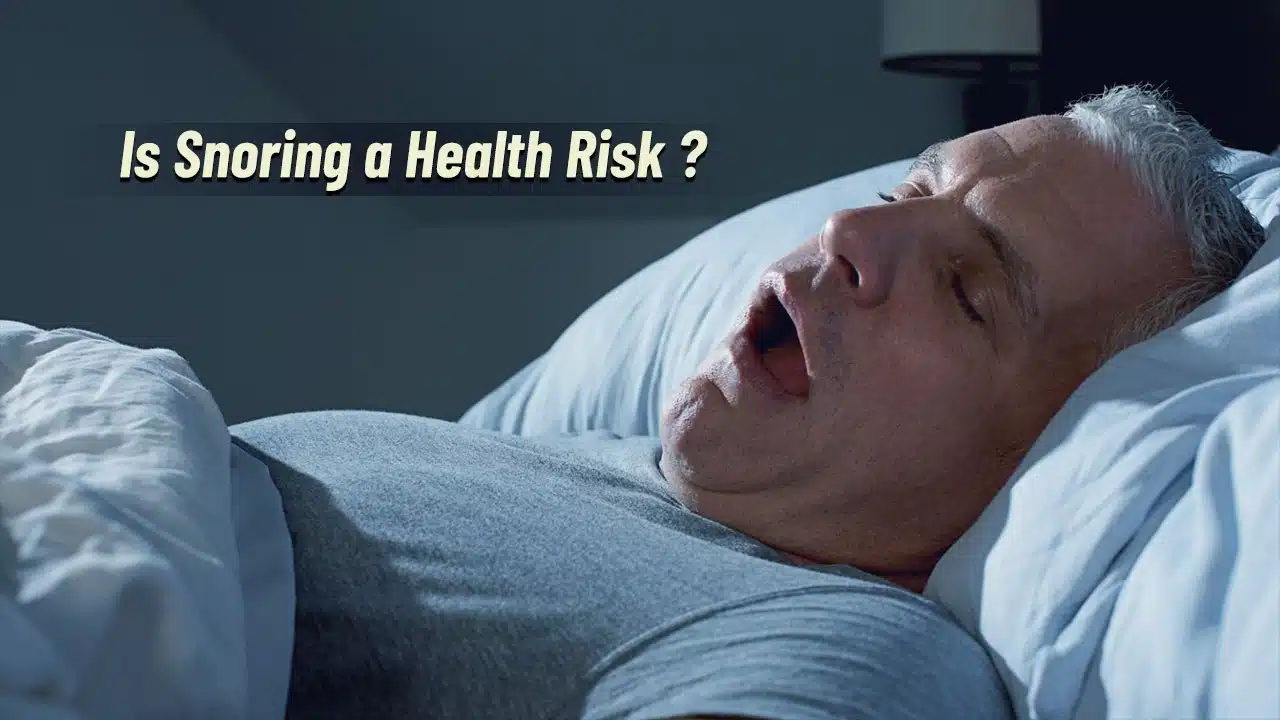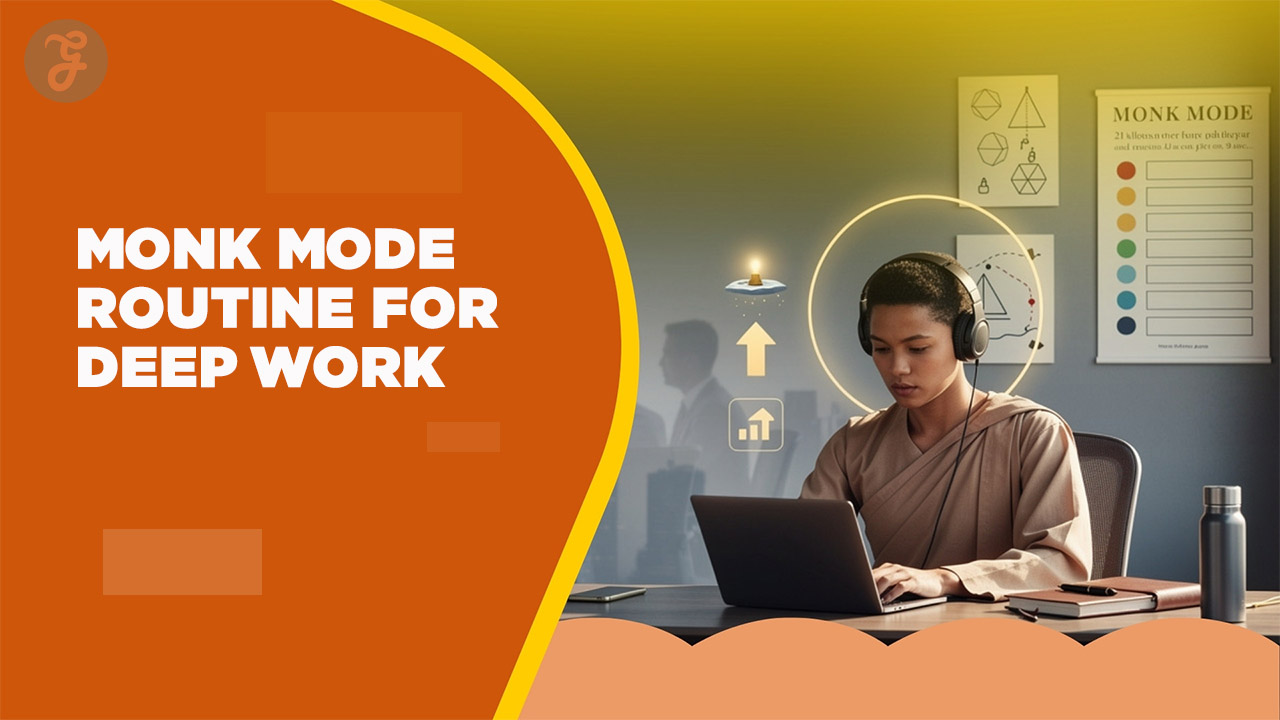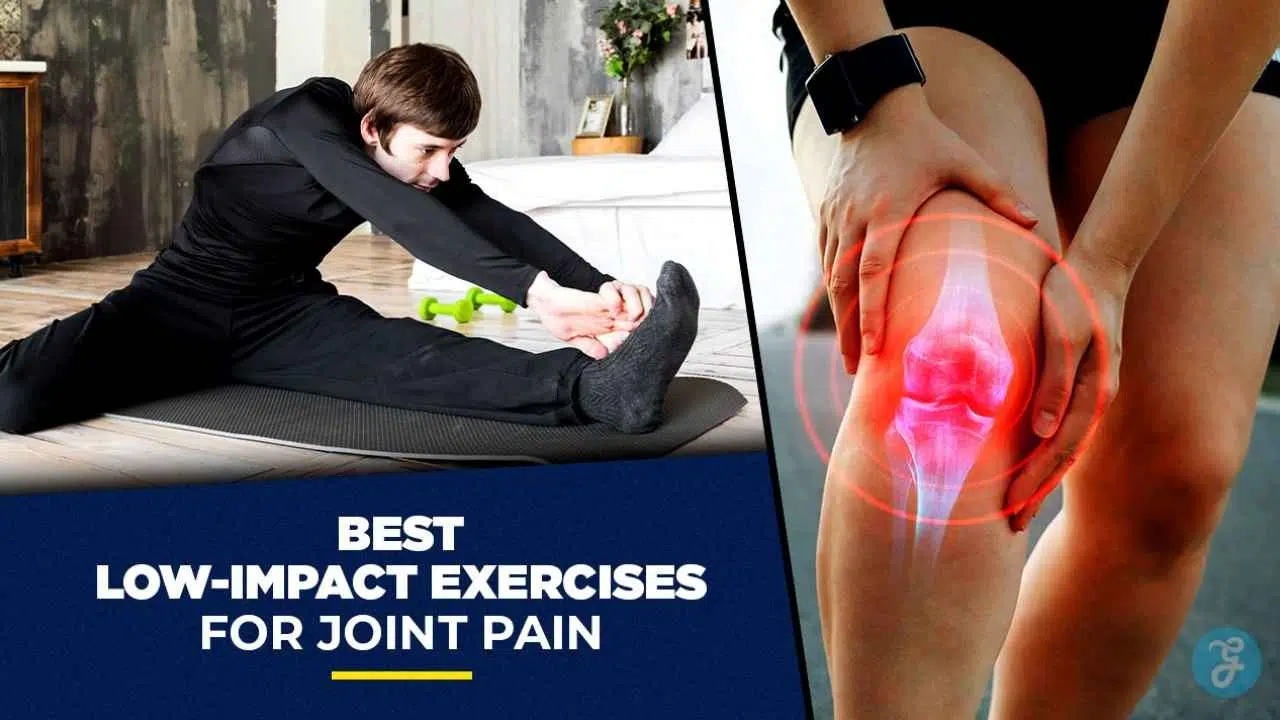Snoring happens when your airflow is restricted during sleep. It might seem like just an annoying and embarrassing problem, but it can be more dangerous than you think. Snoring is often a sign of obstructive sleep apnea, a serious condition where you stop breathing for 10 seconds or more at a time. This condition increases the risk of heart attack, stroke, and other health problems, making certain cases of snoring potentially life-threatening.
What Causes Snoring?
Snoring occurs when air can’t flow easily through your mouth or nose. When this happens, the air is forced through a blocked area, causing the soft tissues in your mouth, nose, and throat to bump into each other and vibrate. This vibration creates the snoring sound.
How Common is Snoring?
Snoring is very common. Almost everyone snores at some point in their lives. It’s more common in men over 50 who are overweight or obese, but anyone can snore.
Common Causes of Snoring
Several conditions and factors can block airflow, leading to snoring:
Blocked Nasal Airways
Some people snore only during allergy season or when they have a sinus infection, which blocks the nasal airways.
Poor Muscle Tone in Throat and Tongue
If the muscles in your throat and tongue are too relaxed, they can collapse into your airway and cause snoring.
Bulky Throat Tissue
Being overweight can cause extra tissue in your throat, leading to snoring. Some children have large tonsils and adenoids that make them snore.
Alcohol and Drug Use
Drinking alcohol or taking muscle relaxers can cause your tongue and throat muscles to relax too much, leading to snoring.
Sleep Position
Sleeping on your back can make you snore. Using a pillow that’s too soft or too large can also cause snoring.
Sleep Deprivation
Not getting enough sleep can also cause snoring, as your throat muscles might relax too much.
Complications from Snoring
Occasional snoring due to a cold or flu is usually harmless. However, very loud or frequent snoring can be a sign of sleep apnea.
Stroke Risk
A study found that loud snoring can increase the risk of carotid atherosclerosis, which is the narrowing of the arteries in the neck due to fatty deposits. This can lead to a stroke.
Heart Disease
Sleep apnea is linked to heart problems like high blood pressure and coronary artery disease, which can lead to heart attacks.
Arrhythmias
People with long-term snoring or sleep apnea can develop an irregular heart rhythm, known as arrhythmia.
Gastroesophageal Reflux Disease (GERD)
Sleep apnea can cause GERD because of the way your throat closes while air moves in and out during sleep. This can cause stomach contents to be sucked back into the esophagus. Both GERD and sleep apnea are often related to being overweight.
Injury from Daytime Sleepiness
Sleep deprivation from snoring or sleep apnea can make you very tired during the day. This increases the risk of accidents, like falling asleep while driving.
Mental Health Issues
Sleep apnea can affect your mental health, causing problems like irritability and even serious depression due to lack of sleep.
Fetal Complications
Snoring in the last trimester of pregnancy is often due to weight gain but can also be a sign of fetal complications. Pregnant women who snore loudly should talk to their doctor.
Morning Headaches
Do you wake up with a headache often? Snoring and sleep apnea might be the cause. Research shows that habitual snorers often suffer from morning headaches and other sleep disorders.
Gasping, Choking, and Interrupted Breathing
If you frequently gasp, choke, or have interrupted breathing that lasts more than 10 seconds during sleep, it could be a serious symptom of sleep apnea. Seek medical help if you experience these symptoms.
Reduced gratification in relationships
Research has indicated that older men were more likely to report lower levels of sexual satisfaction when they snored louder and more often. Even though there were no physiological indications of a decreased sexual response, people are nevertheless put off by their own snoring behavior.
Overweight
A common cause of sleep apnea in overweight individuals is excess weight that gathers around the neck, making it more difficult to breathe at night. The good news is that symptoms associated with sleep disturbances improve with weight loss.
Nocturnal
Nocturia is the term for getting up twice or more during the night to use the restroom. Additionally, it has been connected to snoring in both genders.
Issues with your partner
One of the most frequent negative effects is having your partner’s snoring interfere with your sleep. Due to sleep problems, people who have snoring partners may experience some of the same symptoms as their spouses.
Surgical procedures
Surgery may be used to cure snoring in order to reduce or remove extra tissue or address a structural condition. Numerous of these operations have minimum invasiveness.
Treatments for snoring without surgery
On the other hand, nonsurgical procedures are also available to help open your airways during sleep or correct your posture.
Risk Factors:
Risk Factors Certain risk factors heighten the likelihood of snoring.
- Men are more likely to snore than women because they are male.
- Being overweight: Extra weight around the neck can narrow the airways.
- Age: Snoring becomes more common as you reach middle age and beyond.
- Nasal and sinus problems: Blocked airways make snoring more likely.
- Family history: Snoring runs in families.
- Alcohol and drug use: These substances increase muscle relaxation.
- Smoking irritates membranes in the nose and throat, which can block airways and cause snoring.
Complications of Snoring:
Complications of Snoring While snoring itself isn’t a severe health problem, it can be a sign of obstructive sleep apnea (OSA). OSA is a serious sleep disorder that causes you to temporarily stop breathing or take shallow breaths while sleeping. Left untreated, OSA can lead to:
- Daytime fatigue
- Difficulty concentrating
- Heart problems
- High blood pressure
- Stroke
- Type 2 diabetes
- Depression
- Headaches
- Gastroesophageal reflux disease (GERD)
- Nocturia, or waking up at night to urinate, is a common condition.
- Fetal complications during pregnancy
- Relationship issues due to disruptive snoring
Diagnosis:
To diagnose your condition, your doctor will review your signs and symptoms, as well as your medical history. Your doctor will also perform a physical examination. They may ask your partner some questions about your snoring. If your doctor suspects you have OSA, they may refer you to a sleep specialist for further evaluation.
- Nocturnal polysomnography involves hooking you up to equipment that monitors your heart, lung, and brain activity, breathing patterns, arm and leg movements, and blood oxygen levels while you sleep.
- Your doctor may provide you with simplified tests to diagnose sleep apnea at home. These tests usually measure your heart rate, blood oxygen level, airflow and breathing patterns.
Treatment:
The treatment for snoring depends on the cause. For milder cases, simple lifestyle changes such as losing weight, avoiding alcohol close to bedtime, treating nasal congestion, and avoiding sleep deprivation can help to alleviate snoring. For more serious cases, medical devices or surgery may be necessary.
- Oral appliances are dental mouthpieces that help move your jaw, tongue, and soft palate to keep your air passage open.
- Continuous Positive Airway Pressure (CPAP): If you have OSA, you may benefit from a machine that delivers air pressure through a mask placed over your nose while you sleep.
- Upper airway surgery: For people who have excessive or malformed tissues obstructing airflow through the nose or throat, doctors may recommend surgical removal of tissue or correcting abnormalities. Examples include uvulopalatopharyngoplasty (UPPP), laser-assisted uvulopalatoplasty (LAUP), and radiofrequency tissue ablation.
- Palatal implants: They stiffen your soft palate in order to reduce snoring.
- Hypoglossal nerve stimulation: To prevent the tongue from obstructing the airway during sleep, a chest implant stimulates the hypoglossal nerve, which regulates tongue movement.
Prevention:
To prevent or quiet snoring, try these tips:
- If you’re overweight, lose weight.
- Sleep on your side rather than your back.
- Avoid alcohol, sleeping pills, and sedatives before bedtime, especially if you are prone to snoring.
- Treat chronic allergies.
- Correct the anatomical problems in your nose.
- Avoid sleep deprivation.
- Establish regular sleep patterns.
Takeaways
Snoring can be an irritating disturbance for you and your partner that disrupts sleep. It may also be a warning sign of a serious health condition, such as obstructive sleep apnea. If your snoring is loud and frequent, or if you experience other symptoms like daytime fatigue or headaches, see your doctor. Prompt diagnosis and treatment for snoring can improve your quality of sleep and overall health.
Snoring might seem like a minor inconvenience, but it can be a sign of serious health issues. Understanding the causes and potential complications of snoring can help you take steps to improve your sleep and overall health. If you or a loved one snores loudly or frequently, consider consulting a doctor to rule out any serious conditions like sleep apnea.
References:
- Mayo Clinic. (2020). Snoring – Symptoms and causes. https://www.mayoclinic.org/diseases-conditions/snoring/symptoms-causes/syc-20377694
- American Academy of Sleep Medicine. (2020). Obstructive Sleep Apnea. https://aasm.org/resources/factsheets/sleepapnea.pdf
- American Academy of Sleep Medicine. (2015). Rising prevalence of sleep apnea in U.S. threatens public health. https://aasm.org/rising-prevalence-of-sleep-apnea-in-u-s-threatens-public-health/
- Senaratna, C. V., Perret, J. L., Lodge, C. J., Lowe, A. J., Campbell, B. E., Matheson, M. C., Hamilton, G. S., & Dharmage, S. C. (2017). Prevalence of obstructive sleep apnea in the general population: A systematic review. Sleep medicine reviews, 34, 70–81. https://doi.org/10.1016/j.smrv.2016.07.002
- Reutrakul, S., & Mokhlesi, B. (2017). Obstructive Sleep Apnea and Diabetes: A State of the Art Review. Chest, 152(5), 1070–1086. https://doi.org/10.1016/j.chest.2017.05.009
- Ejaz, S. M., Khawaja, I. S., Bhatia, S., & Hurwitz, T. D. (2011). Obstructive sleep apnea and depression: a review. Innovations in clinical neuroscience, 8(8), 17–25. https://www.ncbi.nlm.nih.gov/pmc/articles/PMC3173034/
- Jung, H. K., Choung, R. S., & Talley, N. J. (2010). Gastroesophageal Reflux Disease and Sleep Disorders: Evidence for a Causal Link and Therapeutic Implications. Journal of neurogastroenterology and motility, 16(1), 22–29. https://doi.org/10.5056/jnm.2010.16.1.22
- Lightner, D., Krambeck, A., Jacobson, D., McGree, M., Jacobson, D., Lieber, M., & St Sauver, J. (2012). Nocturia is Associated with an Increased Risk of Obstructive Sleep Apnea in Men. The Journal of Urology, 187(4S), e58. https://doi.org/10.1016/j.juro.2012.02.241
- Karan, S., & Agarwal, L. (2019). Sleep Disordered Breathing and Pregnancy: Adverse maternal and fetal outcomes. Journal of Sleep Medicine & Disorders, 5(2), 1090. https://www.jscimedcentral.com/SleepMedicine/sleepmedicine-5-1090.pdf
- Blumen, M., Quera Salva, M. A., d’Ortho, M. P., Leroux, K., Audibert, P., Fermanian, C., Chabolle, F., & Lofaso, F. (2009). Effect of sleeping alone on sleep quality in female bed partners of snorers. European Respiratory Journal, 34(5), 1127-1131. https://doi.org/10.1183/09031936.00018309
- National Heart, Lung, and Blood Institute. (n.d.). Sleep Apnea. https://www.nhlbi.nih.gov/health-topics/sleep-apnea
- Abreu, T., Araújo, J., Valdoleiros, I., Araújo, D., Matos, F., Magalhães, P., & Teixeira, J. (2015). Surgical Treatment of Snoring and Sleep Apnea: The Role of Uvulopalatopharyngoplasty. Journal of Sleep Disorders & Therapy, 04. https://doi.org/10.4172/2167-0277.1000199
- Choi, J. H., Kim, S. N., Cho, J. H., & Kim, H. J. (2009). Efficacy of the pillar implant in the treatment of snoring and mild-to-moderate obstructive sleep apnea: A meta-analysis. The Laryngoscope, 119(2), 269-276. https://doi.org/10.1002/lary.20064
- Strollo Jr, P. J., Soose, R. J., Maurer, J. T., De Vries, N., Cornelius, J., Froymovich, O., … & Strohl, K. P. (2014). Upper-airway stimulation for obstructive sleep apnea. New England Journal of Medicine, 370(2), 139-149. https://doi.org/10.1056/NEJMoa1308659
- Irish, L. A., Kline, C. E., Gunn, H. E., Buysse, D. J., & Hall, M. H. (2015). The role of sleep hygiene in promoting public health: A review of empirical evidence. Sleep medicine reviews, 22, 23–36. https://www.sciencedirect.com/science/article/abs/pii/S1087079214001002?via%3Dihub













































